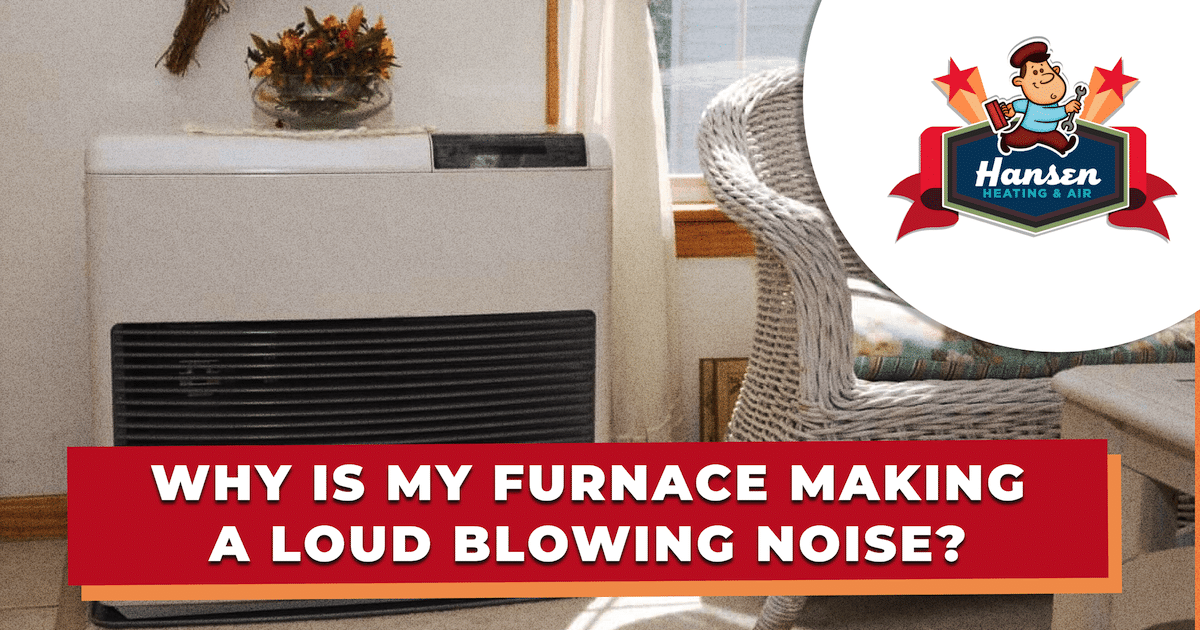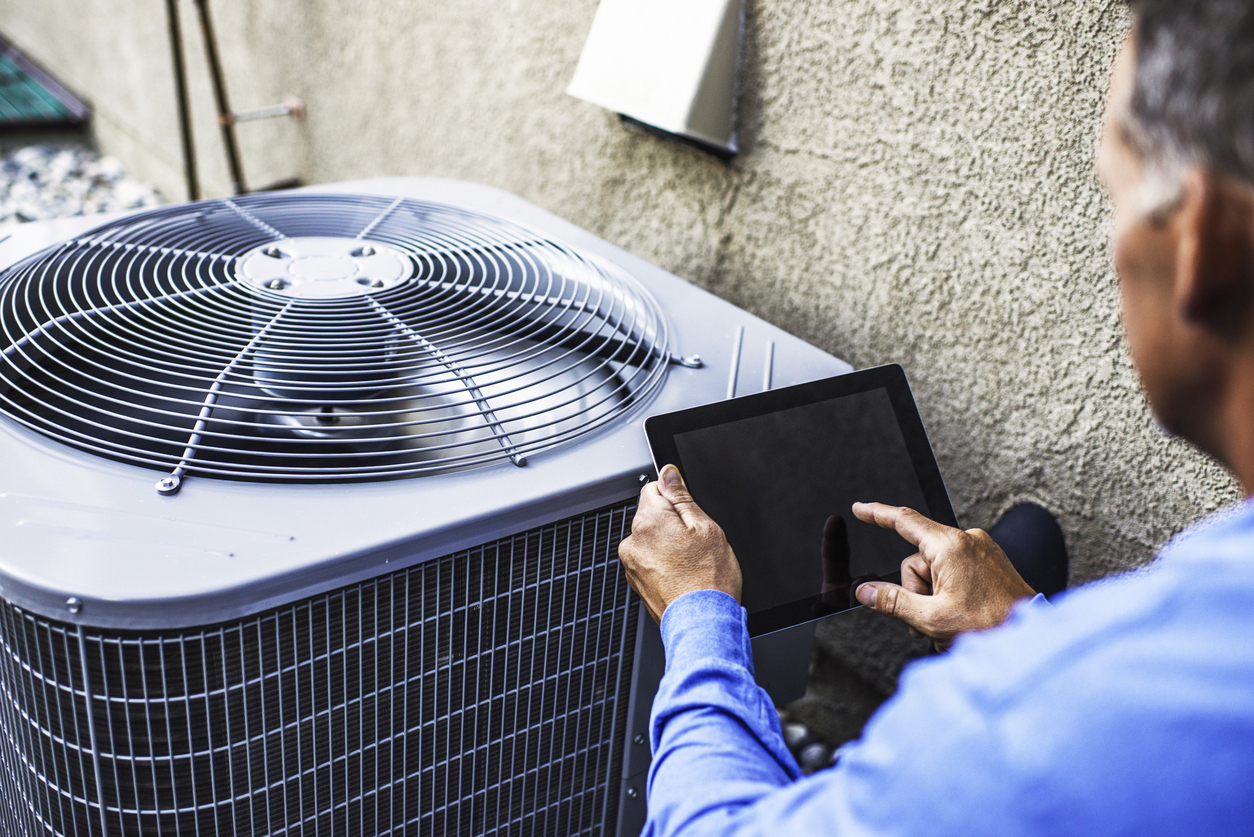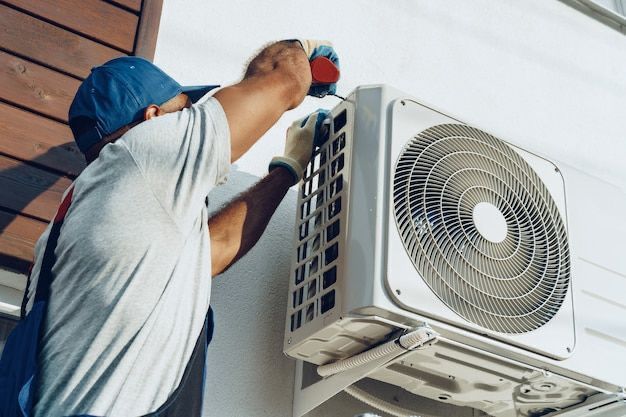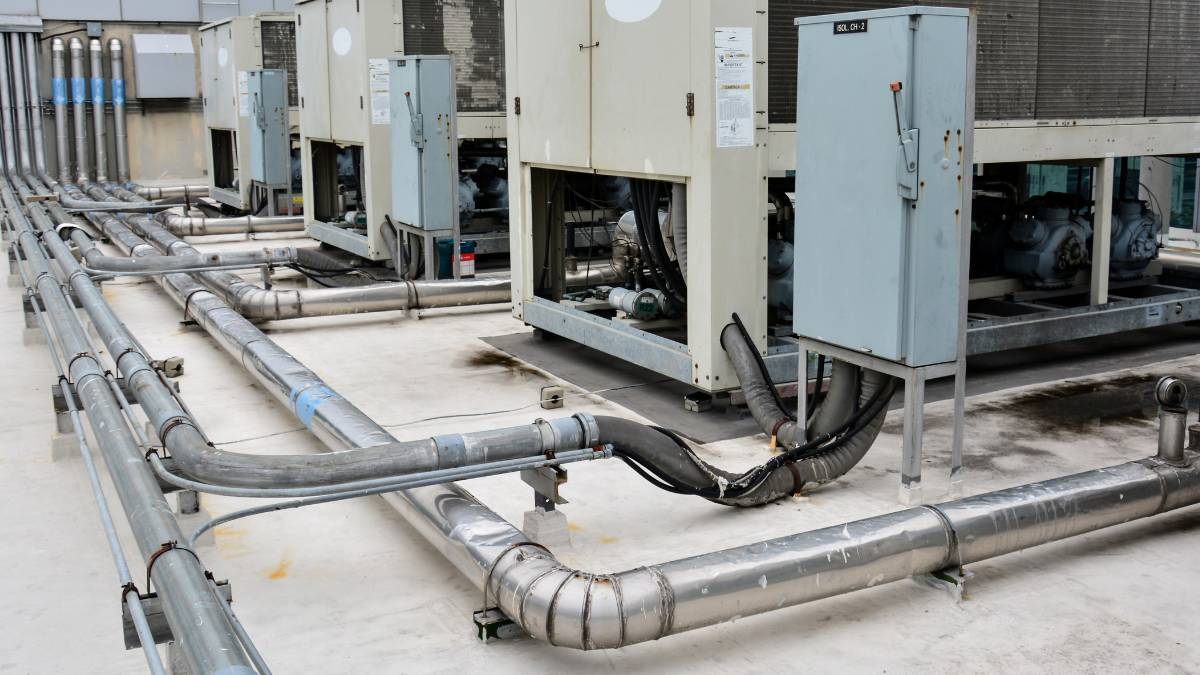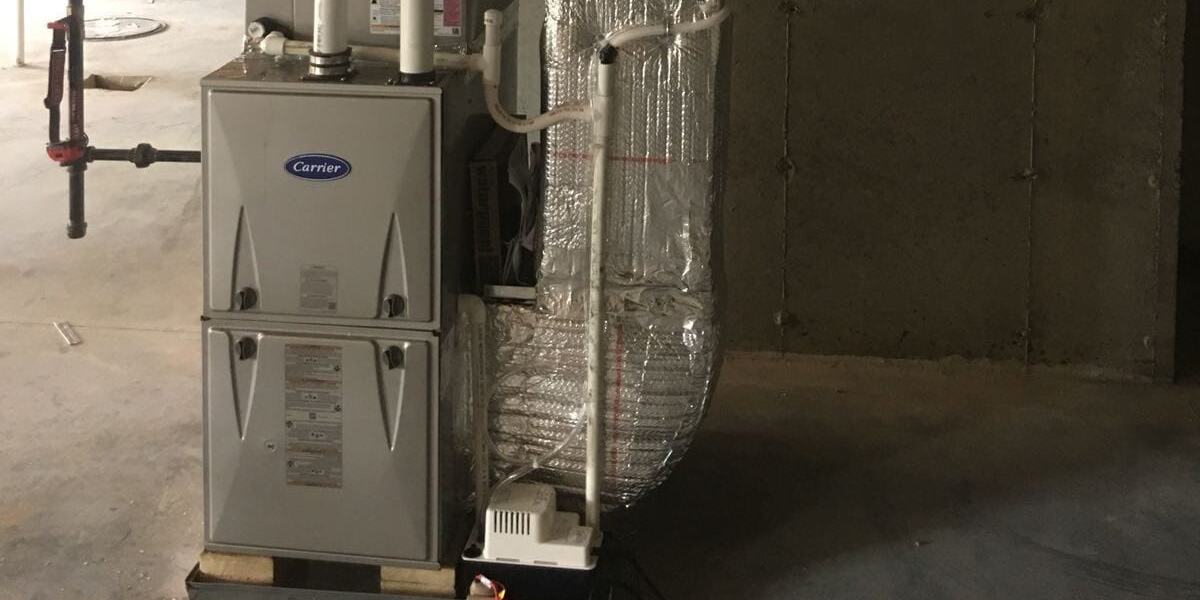My Hvac Is Making A Humming Noise

One of the most common (and often unsettling) problems homeowners face is a strange noise coming from their HVAC system. A humming noise, in particular, can be a real head-scratcher. Is it a minor annoyance, or a sign of something serious? The good news is that often, you can diagnose and even fix the problem yourself. This guide will walk you through a methodical troubleshooting process, empowering you to identify the cause and take appropriate action.
Troubleshooting Your Humming HVAC System: A Step-by-Step Guide
Before we begin, remember that working with electrical systems can be dangerous. Always turn off the power to your HVAC unit at the breaker box before attempting any repairs. If you are uncomfortable with any of these steps, or if you suspect a serious electrical issue, call a qualified HVAC technician immediately.
Step 1: Identify the Source of the Hum
The first, and arguably most important, step is to pinpoint where the humming is coming from. This will help narrow down the potential causes. Listen carefully and try to determine if the hum originates from:
- The outdoor unit (condenser): This is the unit located outside your house.
- The indoor unit (air handler/furnace): This is usually located in your basement, attic, or a utility closet.
- The ductwork: Listen along the ductwork runs for vibrations or humming sounds.
Once you've identified the general location, try to be even more precise. For example, if the hum is coming from the outdoor unit, is it louder near the fan, the compressor, or the electrical panel?
Step 2: Easy Checks (No Tools Required)
These are the first things you should check, as they require no tools and can often resolve simple issues:
- Air Filter: A dirty air filter is one of the most common culprits behind HVAC problems. A clogged filter restricts airflow, forcing the system to work harder and potentially causing components to hum or vibrate. Check your filter and replace it if it's dirty. This is a simple and inexpensive fix that can significantly improve your system's performance. A clean filter allows for proper airflow, reducing strain on the motor and other components. Aim to replace your filter every 1-3 months, depending on usage and the type of filter.
- Debris Around the Outdoor Unit: Inspect the outdoor unit for any obstructions, such as leaves, branches, or overgrown vegetation. These can restrict airflow and cause the unit to overheat, leading to humming or other noises. Clear away any debris around the unit, ensuring there's at least 2-3 feet of clear space around it.
- Loose Panels or Grilles: Check both the indoor and outdoor units for any loose panels, grilles, or screws. Vibrations from the system can cause these parts to rattle and hum. Tighten any loose screws or secure any loose panels. Sometimes simply pressing firmly on a panel can temporarily stop the hum, confirming that it's the source.
- Thermostat Settings: While less common, sometimes an incorrect thermostat setting can cause the system to cycle on and off rapidly, leading to a humming sound. Ensure your thermostat is set to the correct mode (heating or cooling) and temperature. Try slightly adjusting the temperature to see if the humming stops.
Step 3: Checks Requiring Basic Tools
If the easy checks didn't solve the problem, these steps require a few basic tools, but are still within the realm of DIY for many homeowners. Always remember to turn off the power at the breaker before proceeding.
- Fan Blades (Outdoor Unit): Carefully inspect the fan blades in the outdoor unit. Are they bent, damaged, or obstructed? A damaged fan blade can cause the motor to work harder and vibrate, leading to a humming sound. If you find a bent blade, you may be able to gently straighten it, but be extremely careful not to damage it further. If the damage is significant, the fan blade may need to be replaced. This requires basic hand tools like a wrench or socket set.
- Capacitor (Outdoor Unit): The capacitor is a cylindrical component that helps start and run the motor in the outdoor unit. A failing capacitor is a common cause of humming. Visually inspect the capacitor. If it's bulging, leaking, or otherwise damaged, it needs to be replaced. Do NOT touch the capacitor directly. Even after the power is turned off, capacitors can store an electrical charge. Replacing a capacitor is a relatively simple repair, but it requires some electrical knowledge and the right tools. You can usually find a replacement capacitor at an HVAC supply store, making sure it has the same voltage and microfarad (µF) rating as the original.
- Contactor (Outdoor Unit): The contactor is an electrical switch that controls the flow of power to the compressor. A faulty contactor can cause a humming sound. Inspect the contactor for signs of damage, such as burnt or corroded contacts. If the contactor is damaged, it will need to be replaced. Replacing a contactor is similar to replacing a capacitor and requires similar safety precautions.
Step 4: More Advanced Issues Requiring Professional Attention
If you've tried the steps above and the humming persists, it's likely a more complex issue that requires the expertise of a qualified HVAC technician. These problems often involve the compressor, the motor, or the refrigerant system.
- Compressor Issues: The compressor is the heart of the air conditioning system, and it's responsible for compressing the refrigerant. A failing compressor can produce a loud humming sound. Compressor problems are often expensive to repair, and sometimes it's more cost-effective to replace the entire outdoor unit. Diagnosing compressor problems requires specialized tools and knowledge, and should only be done by a professional.
- Motor Problems: The motors in both the indoor and outdoor units can also cause humming noises if they are failing. This could be due to worn bearings, a short circuit, or other issues. Testing and repairing motors requires specialized equipment and expertise.
- Refrigerant Issues: A low refrigerant level can cause the system to work harder and potentially create a humming noise. Refrigerant leaks can also be harmful to the environment. Handling refrigerant requires specialized equipment and certification, and should only be done by a qualified technician. Trying to add refrigerant yourself is illegal and dangerous.
- Ductwork Issues: Although, you checked the duct work for general vibrations, more complex ductwork issues can be a root cause of the humming you are hearing. Professional ductwork analysis can determine if it's a factor in the humming.
- Electrical Issues: While you can check for loose connections, more complex electrical problems, such as wiring issues or problems with the circuit breaker, can also cause humming noises. Electrical troubleshooting should only be done by a qualified electrician or HVAC technician.
When to Call a Professional: Key Indicators
Here are some key indicators that it's time to call a professional HVAC technician:
- You've tried the simple fixes and the humming persists.
- You suspect a problem with the compressor, motor, or refrigerant system.
- You notice any signs of electrical damage, such as burnt wires or a burning smell.
- You are uncomfortable working with electrical components.
- The system is not cooling or heating properly.
- You are unsure of the cause of the humming.
Safety First!
Never attempt any repairs that you are not comfortable with. Working with HVAC systems can be dangerous, and it's always better to be safe than sorry. If you are unsure of anything, call a qualified HVAC technician. They have the knowledge, experience, and tools to diagnose and repair your system safely and effectively. Remember to always disconnect the power at the breaker before working on any electrical components. Even with the power off, capacitors can store an electrical charge, so be careful when handling them.
Preventative Maintenance: A Long-Term Solution
The best way to avoid HVAC problems, including humming noises, is to perform regular preventative maintenance. This includes:
- Changing your air filter regularly (every 1-3 months).
- Cleaning the outdoor unit and removing any debris.
- Having your system inspected and serviced annually by a qualified HVAC technician.
Regular maintenance can help identify and address potential problems before they become major issues, saving you money and extending the life of your HVAC system.
In Conclusion
A humming HVAC system can be a cause for concern, but with a systematic approach, you can often diagnose and resolve the problem yourself. By following the steps outlined in this guide, you can identify the source of the hum, perform simple checks and repairs, and determine when it's time to call a professional. Remember to always prioritize safety and never attempt any repairs that you are uncomfortable with. With a little knowledge and effort, you can keep your HVAC system running smoothly and quietly for years to come.
